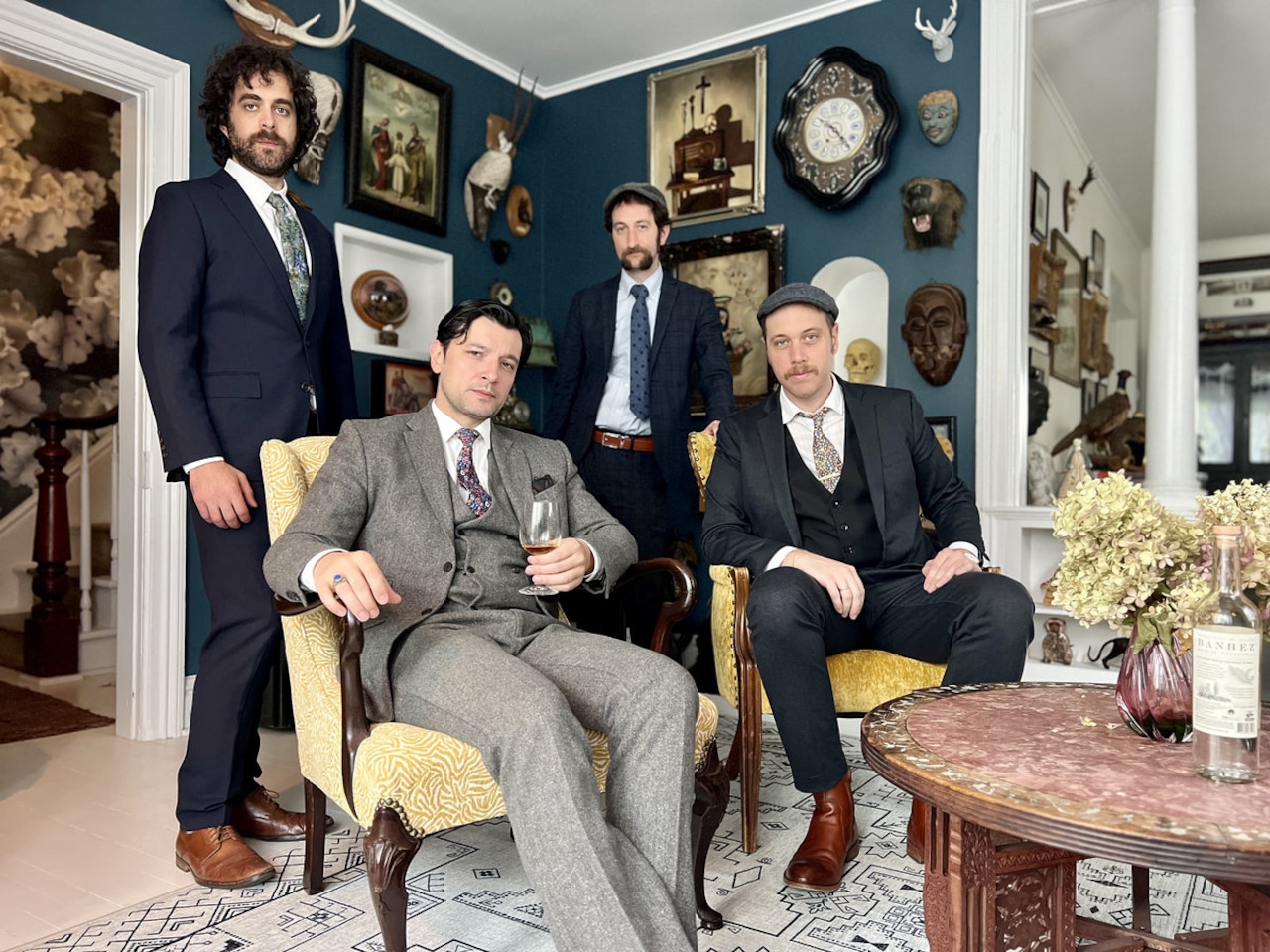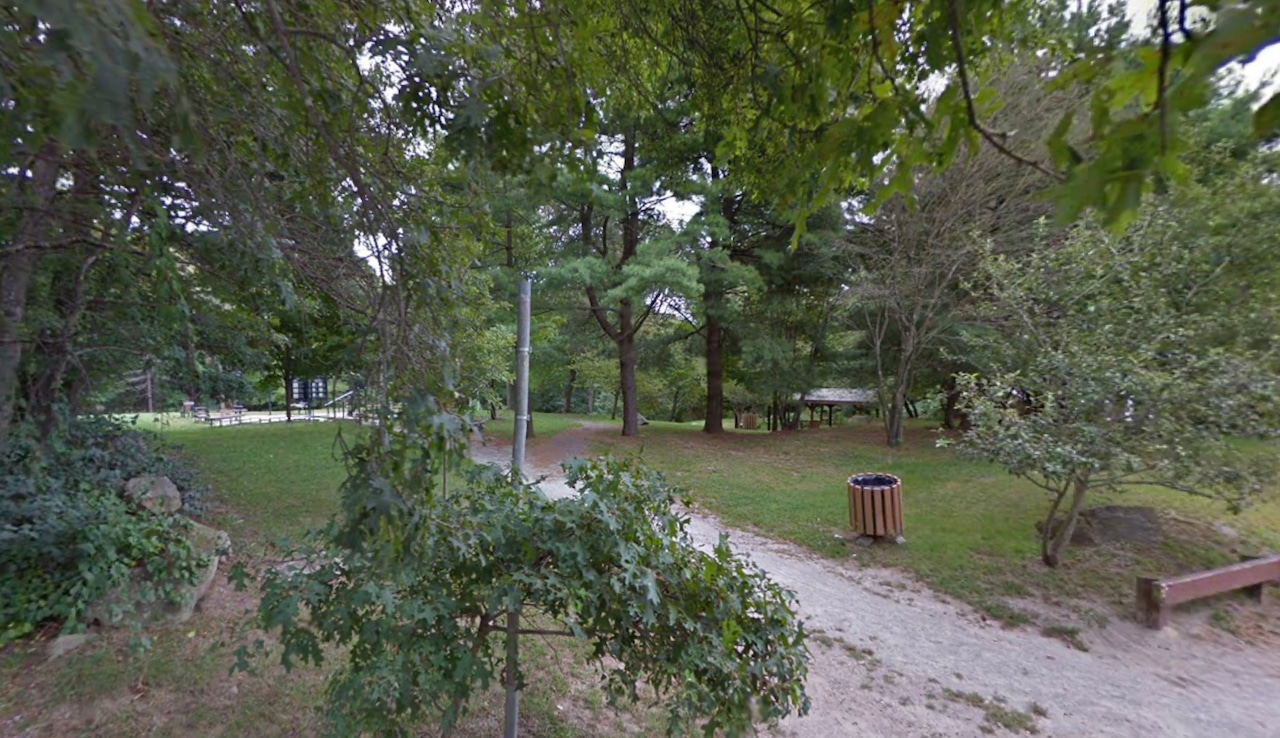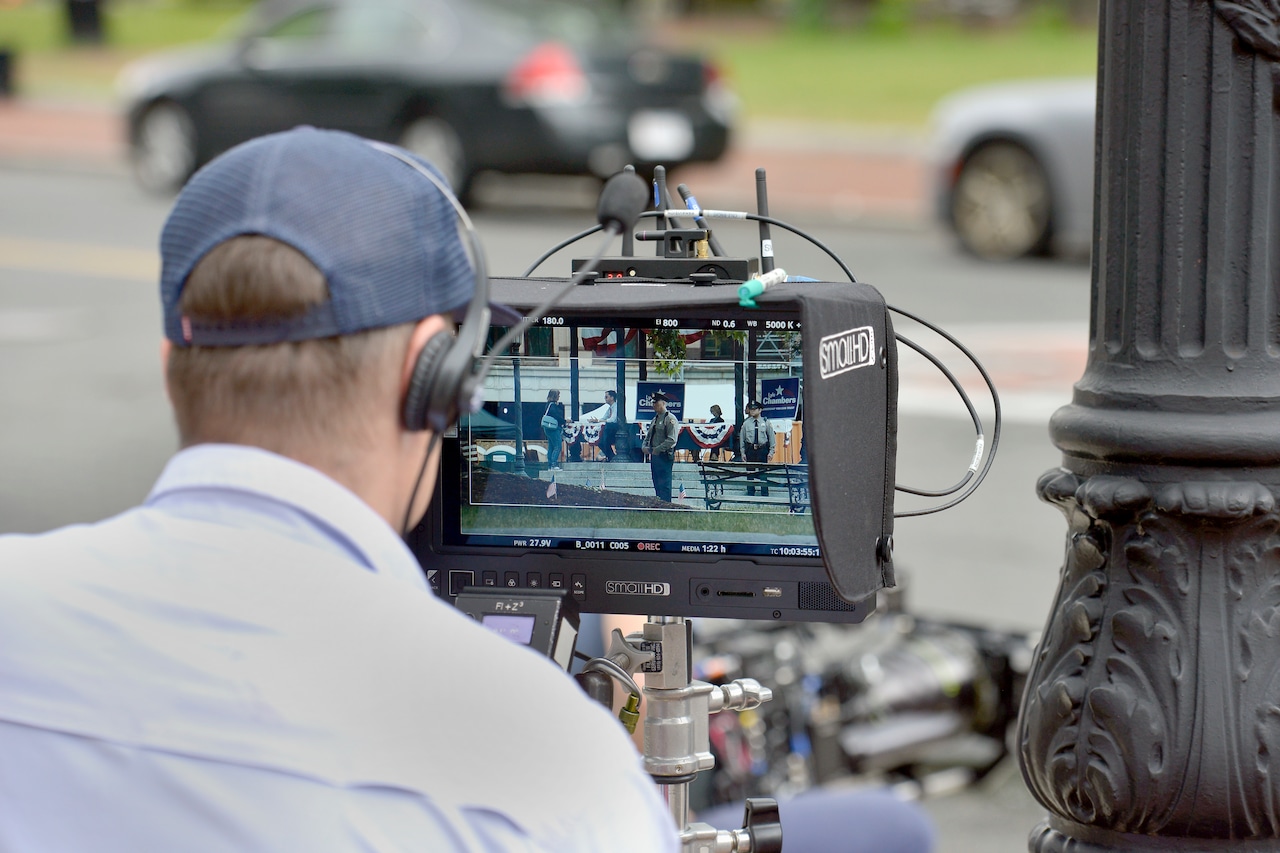
At the age of 16 while still in high school, Max O’Rourke attended Django Camp in Northampton to learn more about jazz manouche, also referred to as hot club-style jazz.
Now years later, O’Rourke is teaching at this week’s Django Camp and this weekend will participate in one of two concerts at Northampton’s Academy of Music to highlight for the public the subgenre of jazz.
Friday’s concert features Brad Brose and his Bad Bros along with Jean-Claude Laudat and Jean-Yves Dubanton, while O’Rourke and his band will perform on Saturday along with Les Violons de Bruxelles.
Both shows begin at 7:30 p.m.
Jean Reinhardt, better known by his Romani nickname Django, was an innovative Romani-Belgian jazz guitarist and composer considered to be one of the most innovational European musicians of the twentieth century. He is credited as the “father” of jazz manouche dating back to the 1930s in Paris playing alongside violinist Stephane Grappelli in the Quintette du Hot Club de France. Jazz manouche is characterized by its rapid, uniquel form of strumming on the rhythm guitar.
The weeklong Django Camp at Smith College, which began on Monday, June 10, and ends Sunday morning, gives musicians the opportunity to immerse themselves in jazz manouche under the tutelage of world-class artists from both sides of the Atlantic. It was started in 2007 by guitarist Andrew Lawrence.
“I went to France in 2003 on the 50th anniversary of Django’s death to attend one of the big jazz festivals dedicated to this style of jazz. When I walked into the campground, people were jamming and just hanging out together, and I realized right away that this was a very different style of jazz guitar playing……the improvisation, the right hand technique and strumming style…..and I had never heard American jazz guitarists back home play in that way,” Lawrence said.
That give him an idea.
“When I returned home it occurred to me, although North Americans have been playing Django’s music for a long time, they were playing it with a strong American accent because many had never seen it performed in European style. I thought others would be interested in learning how the Europeans do it. So, I brought several guitarists over to demonstrate their style for a one-day event, which has now turned into our weeklong camp,” he added.
Friday’s concert begins with Brad Brose, who is among the most widely-travelled of North American jazz manouche guitarists. The Bad Bros of his band range the map as well with violinist Adrien Chevalier who hails from France, drummer Uri Zelig from Israel, and bassist Abe Pollack from Seattle.
Accordionist Jean-Claude Laudat hails from the Bastille district of Paris, a stone’s throw from the famous Rue de Lappe known in Django’s era as the center of the “swing musette” scene. He and guitarist/vocalist Jean-Yves Dubanton have been carrying the flame of that tradition since the mid-90s, sprinkling it with French chanson and jazz manouche.
Saturday’s concert begins with O’Rourke, who not much later after attending his first Django in June, went on to win the 2015 Saga Award at DjangoFest Northwest. The guitarist attended Berklee College of Music and later toured with elite American jazz manouche musicians John Jorgenson and Gonzalo Bergara. O’Rourke has put a special group of musicians together for the concert including clarinetist Evan Arntzen, Sami Arefin on rhythm guitar and Abe Pollack on bass.
“I was introduced to the style of jazz manouche by my guitar instructor. I didn’t get it, but went home and looked it up on YouTube. What I saw were some amazing guitar players and musicians. I couldn’t even get close to what they were doing. I became obsessed to find out how they did it. Then it just happened that I was in the right place at the right time. The band Hot Club of San Francisco, famous for playing jazz manouche, came to town, then a one-hand style guitar showed up in a music store and I was on my way to learning more about jazz manouche. I took a lesson from Greg Ryan who told me about Django in June. It was my first time playing with other community musicians, jazz manouche is meant to be played in a group. It supercharged me and I was on my way to learning even more,” O’Rourke said.
O’Rourke noted there are a number of things that excite the guitarist about jazz manouche.
“The music is very driving and depends on energetically intense rhythm guitar playing. It’s full-steam ahead just like a train. The music is very playful and spontaneous and melancholic with a lot of facets happening at the same time resulting in a quirky and weird interpretation of old American jazz,” he said.
Tcha Limberger, who takes the Academy of Music stage after O’Rourke, heads up Les Violons de Bruxelles, one of the most inventive and entertaining groups playing what can be called “inverted jazz manouche.” Most often the instrumental formula for groups playing in this style is that of the legendary Hot Club de France – a violin or clarinet, a lead guitar, one or two rhythm guitars and a double bass. Les Violons takes that formula and turns it on its head with a single guitar and bassist along with three violins.
Tickets are $30 in advance and $35 at the door and are available on the Academy of Music website.
For more information on Django in June, visit djangoinjune.com.






